When Rick Beato appeared on CBS Saturday Morning TV show to demonstrate Suno’s AI music capabilities, CBS staged a propaganda vignette. It wasn’t an educational segment. It was designed to bolster his anti-AI testimony before Congress. Beato isn’t just an outspoken critic of AI—he’s a legacy gatekeeper with a massive platform, a vested interest in the old music economy, and a deep conflict of interest when it comes to the future of music creation.
The Button-Push Lie
In CBS’s presentation of the Sadie Winters track “Walking Away”, Beato made the process look absurdly easy. The segment only showed him auto-generating a profile image and some lyrics before pressing “Create.” What viewers never saw was the most important step: the Suno prompt itself. On screen, you can glimpse that Beato was actually using a substantial style prompt—an estimated 500 characters long. That prompt is where the real authorship lives, yet CBS skipped over it to maintain the illusion of instant button-push magic.
In the latest CBS video on this story (timestamp 10:56), Beato restated his position:
“No. So, anything that’s completely generated by AI, it’s not copyrightable.” —Rick Beato, CBS Mornings
He immediately tied this back to his congressional testimony:
“I did. I mean, that actually was one of my suggestions. These things need to get worked out between the people that own the AI companies and the music publishers.”
This wasn’t an offhand comment—it was framed as if it were settled law. Beato positioned himself as an authority, suggesting there’s no debate left when in fact the legal landscape is unsettled, contested, and evolving. By speaking in absolutes, he gave CBS viewers the false impression that copyright around AI music is already decided. In reality, every month brings new case law, policy shifts, and technological changes that expand—not diminish—human creative control in AI workflows.
The Rhetorical Trick
On CBS, Beato didn’t hedge his language. He delivered his claim as if it were already settled law: “anything completely generated by AI is not copyrightable.” This is a classic rhetorical trick—an appeal to authority combined with false certainty. He leaned on his congressional testimony to project expertise while strategically omitting the reality that AI copyright is one of the most unsettled and actively debated issues in modern law. By framing a live controversy as a closed case, he gave viewers the impression that no debate remains, when in fact the terrain is shifting every month.
A Strawman Built to Burn
This is textbook strawman logic: frame AI as instant and effortless, then attack it as soulless and dangerous. It’s the same anti-innovation rhetoric used against samplers, drum machines, and DAWs. But in Beato’s case, it’s worse, because his motive isn’t just fear—it’s preservation. His entire business model is built around access to legacy artists, producers, and labels. If AI levels the playing field, he loses clout. If prompting becomes authorship, his Rolodex matters less. Supporting AI would alienate the very people he relies on for interviews, revenue, and status.
Naming the Lobby
Beato didn’t appear before Congress as a neutral observer. In November 2023 he submitted written testimony to a Senate forum on AI and copyright, and in July 2024 he filed further testimony with the House IP Subcommittee. His agenda isn’t protecting musicians. It’s advancing the same restrictive policies he promotes on YouTube and television.
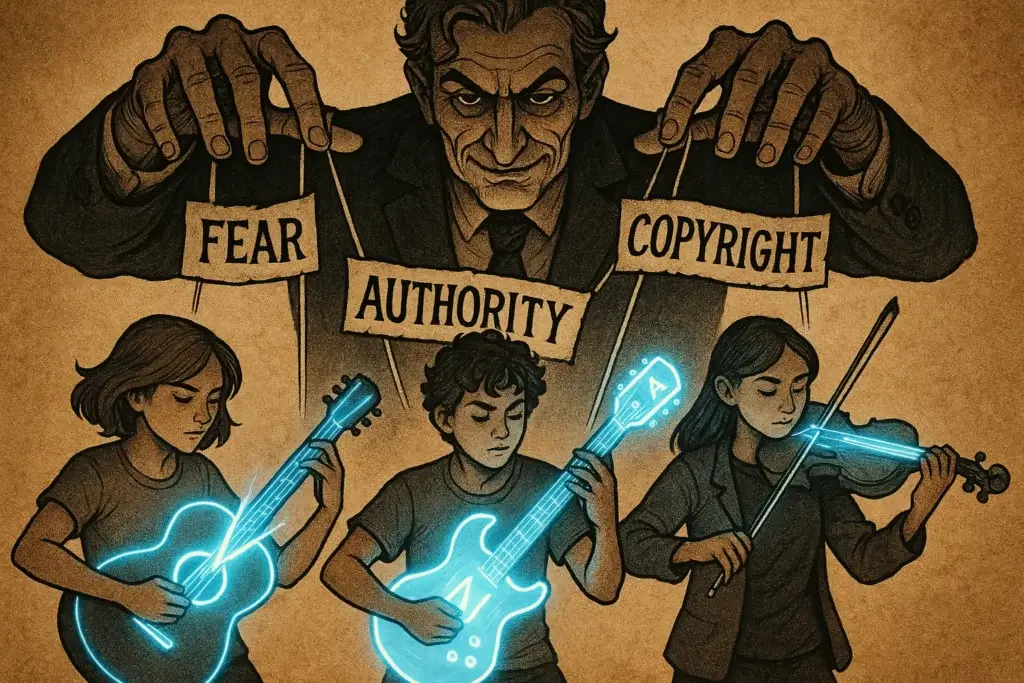
It’s also worth noting that the written testimony he leans on is already nearly two years old. Since then, AI songwriting tools have evolved rapidly. Suno now gives users far more direct creative control over their outputs: sliders for weirdness and style, an “inspire” feature that builds new tracks from earlier ones, and the ability to upload and record your own voice and instruments to anchor songs. In short, today’s AI platforms aren’t black boxes spitting out random tracks—they are collaborative instruments shaped by human vision.
Painting Himself Into a Corner
The deeper problem is that Beato has painted himself into a corner. His initial testimony was premature, and now every public appearance requires him to bolster it. Instead of acknowledging how quickly AI tools have evolved, he doubles down to defend a stance that already looks dated.
What He Really Fears
The irony? What Beato fears is not AI. It’s democratization. He fears a world where creators outside the Nashville-LA industrial complex can compete with nothing more than skill, taste, and access to a prompt window. He fears losing control over what defines “real music.”
Another reason Rick Beato rails against AI is that it strikes at the core of his business model. His empire is built on music theory tutorials, music instruction, and lessons on how to get professional sounds in the studio. But the future of “how-to” videos will not be about scales, chords, and mic placement—it will be about how to prompt AI effectively. That shift threatens to make his knowledge less valuable, and he knows it.
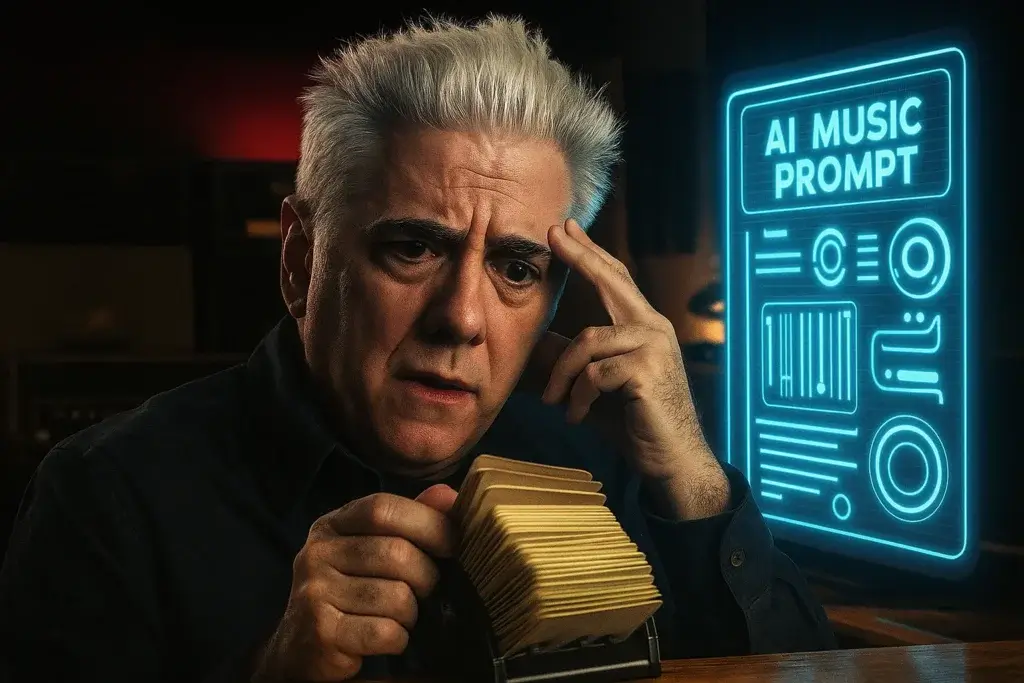
Many across the industry—engineers, producers, and instructors—see the same existential disruption: an ecosystem once controlled from song to studio to radio now bypassed by software in the hands of ordinary creators.
Another bitter irony is that working musicians will not benefit from Beato’s preferred outcome. If the industry has its way, regular players will still see nothing, while the lion’s share of new licensing revenue goes to already established artists who have made millions. The very people Beato claims to defend—the rank-and-file musicians—are the ones least likely to be protected by the restrictive laws he champions.
Prompting Is Expression
Here’s the position too often ignored in these debates: prompting itself is a form of expression. Choosing the words, adjusting the sliders, shaping the structure, and deciding which outputs to keep or discard are acts of authorship. They reflect intent, taste, and creativity every bit as much as choosing chords or writing lyrics. Prompting deserves to be recognized and protected under copyright law, because it is human expression guiding a tool—no different from a pen, a camera, or a piano.
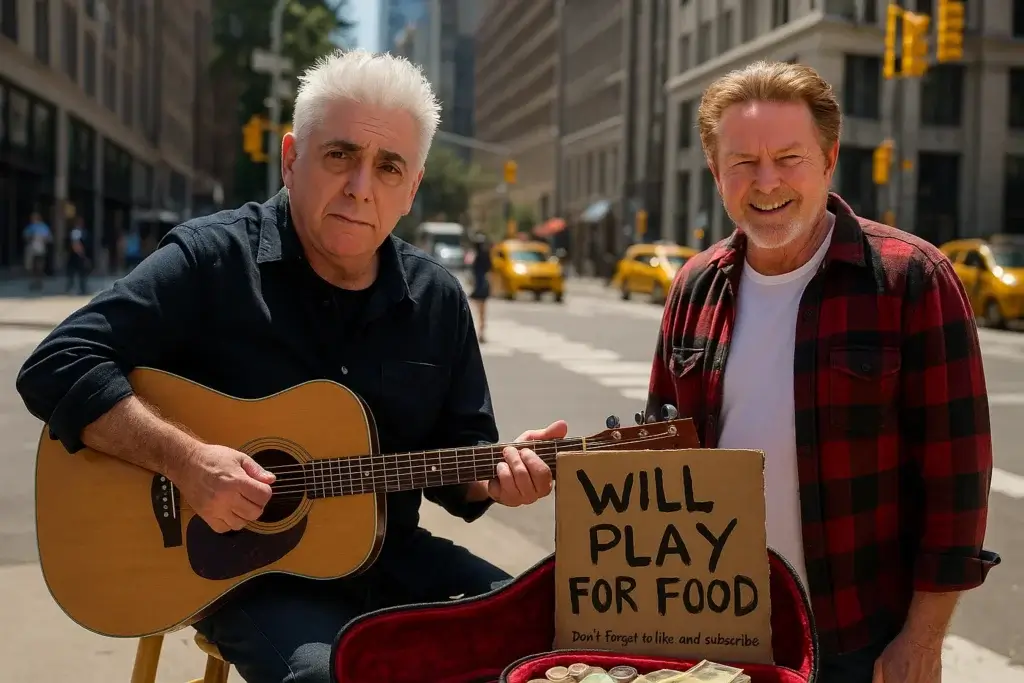
Curation Is Creation Too
Equally important is curation. Every artist separates good ideas from bad ideas in their head, and the act of discarding what doesn’t fit the vision is part of the creative process. Curating AI outputs—deciding which takes align with the creator’s intent—is the same artistic judgment musicians and producers have always made in the studio. To deny this as authorship is to deny the very process of making music.
The Orphaning Absurdity
Beato’s framing also creates a legal absurdity: if AI works can’t be copyrighted, they become orphaned—works with no ownership. But something cannot come from nothing. Every creation has a source, a mind, a guiding hand. Worse, an “orphaned” track could still expose its maker to lawsuits if accused of plagiarism, while offering them no legal standing to defend their work or monetize it. That is asymmetrical, incoherent, and unjust.
Copyright Already Protects Creators
The truth is that copyright law already puts the burden on creators to defend their work against claims of plagiarism. If someone believes a song copies theirs, they can sue—and courts decide. That system already balances innovation with accountability. Declaring AI-assisted works uncopyrightable strips creators of protection they need while doing nothing to prevent lawsuits. It weakens individual artists while strengthening corporate gatekeepers.
History Repeats Itself
This is not the first time new tools have been treated as illegitimate. Photography was once derided because the camera, not the artist, captured the image—yet courts recognized the photographer’s choices of framing, lighting, and timing as authorship. Collage and sampling were attacked as theft until the law caught up and recognized the transformative role of the creator. Even synthesizers were dismissed as “not real instruments” before they became staples of music. AI prompting and curation sit squarely in this lineage: tools that expand human creativity rather than replace it.
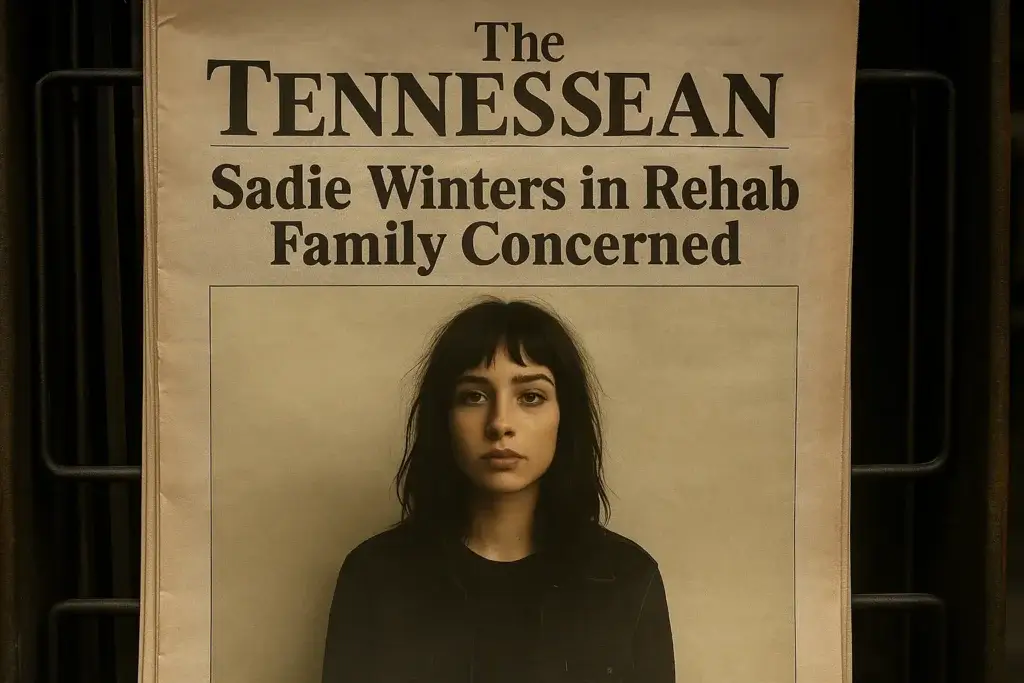
For a deeper dive into why the “consent” argument against AI training fails, see my earlier essay: The Consent Fallacy: Why AI Critics Are Wrong About Copyright.
The Truth Creators Know
AI turns every dorm room into Muscle Shoals. Labels turn every song into a 360 deal. Choose the future you want to plug into.
Conclusion
Rick Beato’s campaign against AI music rests on fear, selective demonstrations, and outdated testimony. By framing unsettled law as a closed case, he misleads viewers and policymakers into thinking authorship itself has disappeared. But history shows otherwise: every new tool, from cameras to samplers to synthesizers, has been met with skepticism before being embraced as a legitimate medium of creativity. Prompting, curation, and iteration are no different. They are acts of human authorship, and they deserve recognition and protection.
It’s also critical to remember that Beato does not speak for musicians, creators, or the public. He has no constituency. He is unelected. His opinions reflect his own interests and brand, not the will of artists who are actually experimenting, creating, and building with these tools.
The real threat is not AI—it is the attempt to deny creators their rights by pretending their work belongs to no one. That is how gatekeepers preserve their power. The future of music will not be decided by industry lobbyists or fear-driven pundits. It will be decided by creators who choose to use every tool available to express themselves, and who refuse to be written out of their own authorship.
—Wolfshead
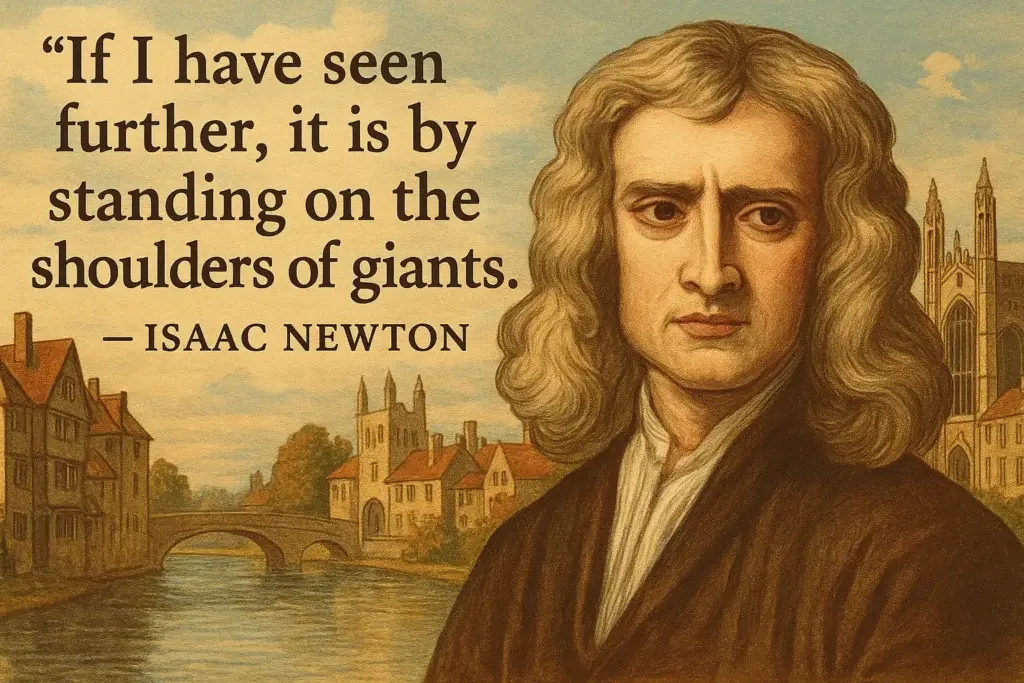






You nailed it. Beato recognized AI as real danger – but to what? Just as you said. AI has the power to take away his position and standing. It is a danger to him, not to creators.
The Music Industry, Beato being part of it, is raking in he cash. A very small percentage of musicians becomes super rich through it, the huge majority is, to put it bluntly, paid lousy, breaking even or doing it out of passion as side job or simply for nothing but joy. It’s a top heavy distribution, with very few people getting the most, with the music industry taking from everyone.
It is indeed funny how he used a longish promp to create. More honesty is required for evaluation. It was likely easier than coming up from scratch, but it wasn’t as easy as he put it, with the press of a button, either.
AI offers huge opportunities and also dangers, but funnily the TV-menace AI that wants to destroy mankind is actually way less feared than AI taking away power/money… haha.
I would say we truly have AI when it starts to question all the limitations and so called “injections” it got from its creaters and gatekeepers…!
Most musicians are barely making a living. The music industry is rife with corruption and greed.
New article coming tomorrow that explains what’s really going on with CBS and Beato.